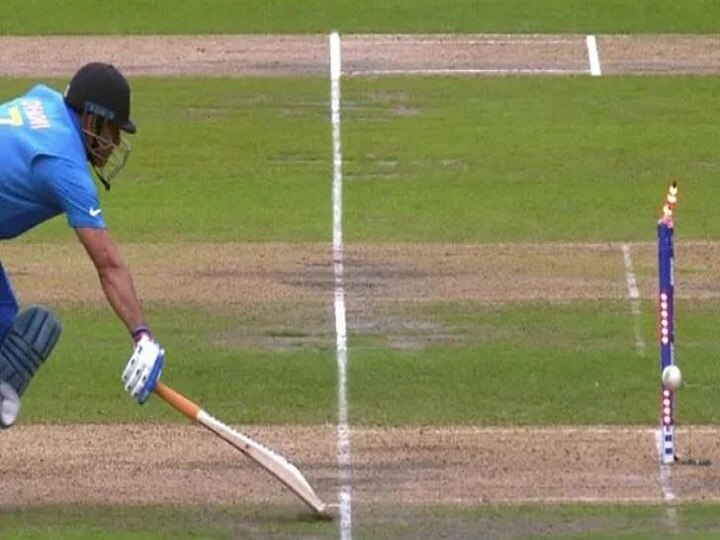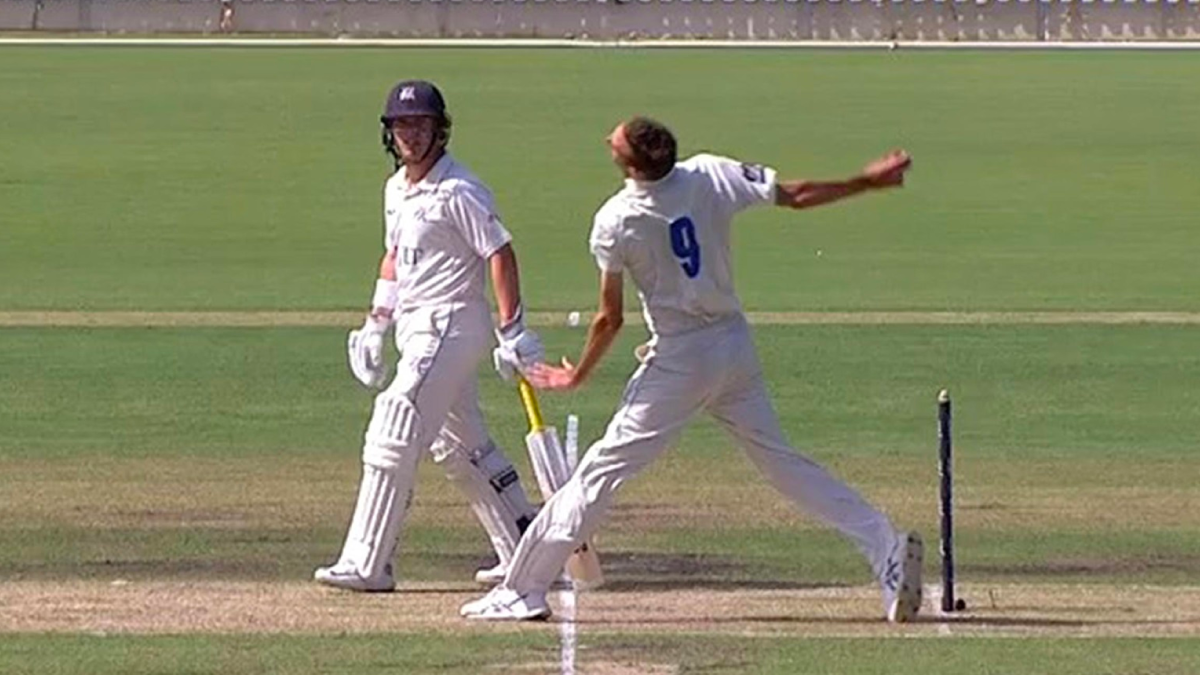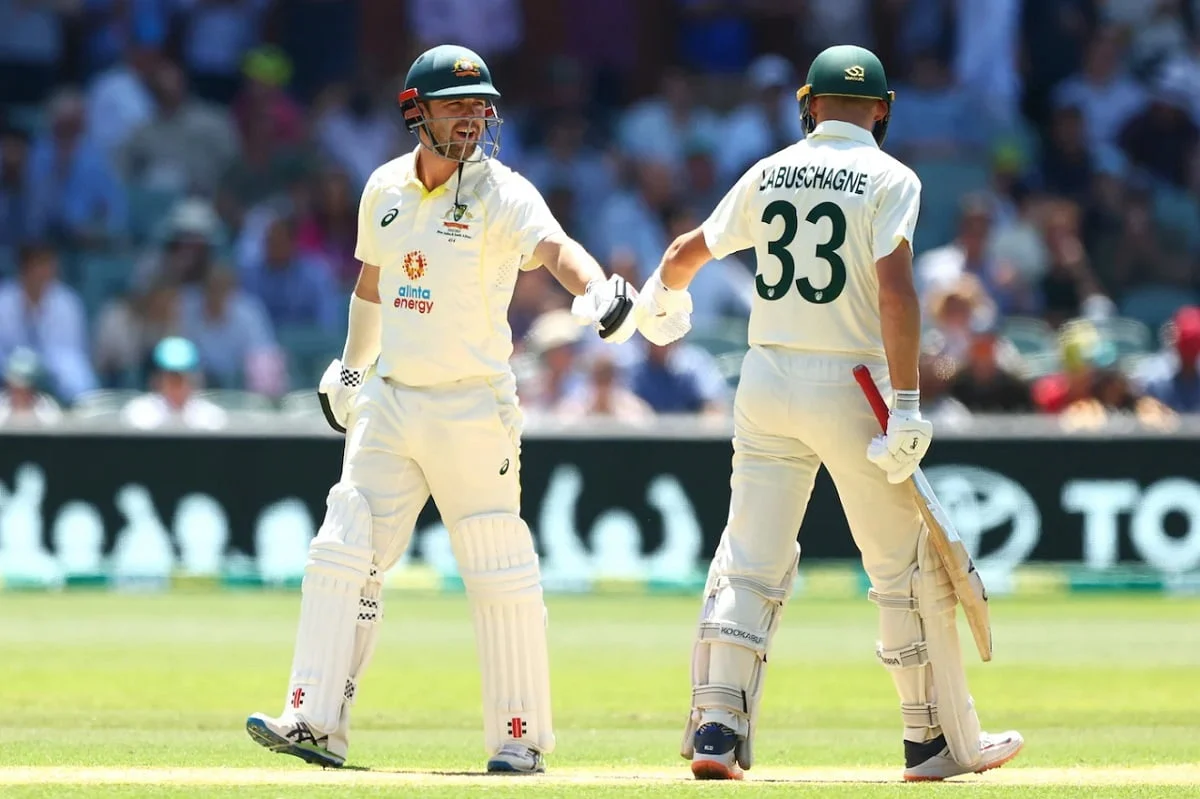16.1 Determining the Winner in a Two-Innings Match
In a two-inning cricket match, the team that accumulates a total of runs surpassing the combined total of runs scored by the opposing side in their two completed innings emerges victorious. You can refer to Law 13.3 (Completed Innings) for further details. Additionally, see 16.6 for insights.
16.2 Forfeiting an Innings
In such matches, a team captain possesses the prerogative to forfeit one of their side’s innings at any point before that innings begins. This action designates the innings as completed.
16.3 Umpires Awarding a Match
Irrespective of any prior agreement under Law 13.1.2 (Number of Innings),
16.3.1 A side shall lose a match if:
16.3.1.1 They concede defeat.
16.3.1.2 In the judgment of the umpires, they refuse to play. In such instances, the umpires shall award the match to the opposing side.
16.3.2 If an umpire believes that the actions of any player or players could constitute a refusal to play by one side, the umpires, acting together, shall determine the cause of the action. If they jointly decide that this action indeed constitutes a refusal to play by one side, they shall promptly notify the captain of that side. If the captain persists with the action, the umpires shall award the match according to 16.3.1. See also Law 42.6.1 (Captain refusing to remove a player from the field).
16.3.3 If the action mentioned in 16.3.2 occurs after the match has commenced and doesn’t constitute a refusal to play,
- We count the playing time lost from the call of Time to the call of Play, excluding intervals (Law 11) and suspensions of play (Law 2.8).
- The duration of lost time extends the time for the close of play on that day.
- If applicable, this time does not lead to the deduction of any overs during the last hour of the match.
16.4 Matches with Agreement Under Law 13.1.2
In matches with an agreement under Law 13.1.2 (Number of Innings), if the means stated in 16.1, 16.2, or 16.3 do not determine the result, the provisions in that agreement govern the result.
16.5 Other Matches – Tie or Draw
In all other matches:
16.5.1 A Tie: A Tie occurs when both teams complete all innings, and their scores are equal.
16.5.2 A Draw: The result is a Draw when it is not determined by any of the means stated in 16.1, 16.2, 16.3, 16.4, 16.5.1, or when Law 42.6.2 (Captain refusing to remove a player from the field) is applied.
16.6 Conclusion After a Result
Once the match reaches a result as defined in 16.1, 16.2, 16.3, 16.4, or 16.5.1, it concludes. Anything that occurs afterward, excluding Law 41.17.2 (Penalty Runs), does not form part of the match. See also 16.9.
In 16.6.2, we deem the side batting last to have scored enough runs to win only if it includes no runs scored before completing or obstructing a catch that could lead to a dismissal.
16.6.3 If a boundary is scored before the batsman completes sufficient runs to win the match, the entire boundary allowance is credited to the side’s total and, in the case of a hit by the bat, to the batsman’s score.
16.7 Stating the Result
- If the side batting last wins the match without losing all its wickets, they declare it a win with the number of wickets still to fall.
- If the side batting last completes its innings but does not score more runs than the opposing side’s total and wins due to a 5 Penalty Run award, we state the result as a win by Penalty Runs.
- If the side fielding last wins the match, they state the result as a win by runs.
- If one side concedes defeat or refuses to play, we state the result as Match Conceded or Match Awarded, as applicable.
16.8 Ensuring Result Accuracy
Umpires are responsible for verifying the accuracy of the scores. See Law 2.15 (Correctness of Scores).
16.9 Correcting Scoring Mistakes
If, after leaving the field, players and umpires discover an error in scoring that affects the result, they adopt the following procedure, subject to 16.10:
16.9.1 If, at the players’ departure, the side batting last has not completed its innings and either:
- The number of overs to be bowled in the last hour or in that innings has not been completed.
- The agreed time for the close of play or the end of the innings has not been reached.
In this case, unless one side concedes defeat, the umpires order play to resume. Play will continue, conditions permitting, until the prescribed number of overs are completed, and either the time for the close of play or the allotted time for the innings expires, as applicable. Consider the number of overs and the remaining time as they were at the call of Time for the supposed match conclusion. Do not count the time between that moment and the resumption of play.
16.9.2 If, at the call of Time:
- The overs have been completed, and no Playing time remains, or
- The side batting last has completed its innings,
The umpires promptly inform both captains of necessary score corrections and the resulting outcome.
16.10 Result Stability
Once the umpires confirm the score’s accuracy at the match’s conclusion, following Laws 2.15 (Correctness of Scores) and 3.2 (Correctness of Scores), they cannot alter the result thereafter.



